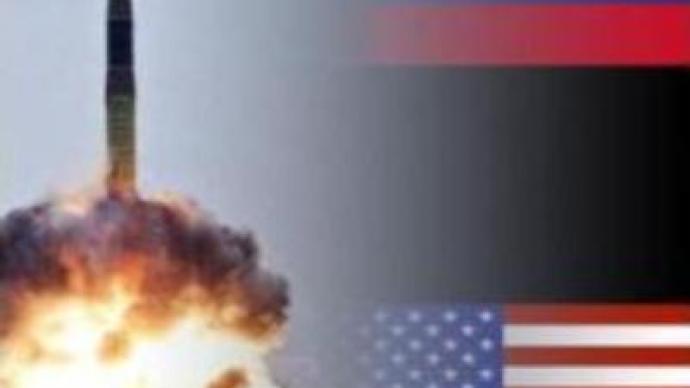U.S. wants common missile defence system with Russia

The U.S. has proposed a common missile defence system with Russia that will protect them both from Iran and other nations, which could produce ballistic missiles with nuclear warheads.
Daniel Freed, the U.S. Assistant Secretary of State, has called on Moscow and Washington to co-operate at the upcoming NATO-Russia Council next month. He stressed that any production of intermediate-range missiles by Moscow in response to the U.S. anti-missile system in Central Europe would not help resolve the issue. Mr Freed re-emphasised, the missile defence system the U.S. is developing does not endanger Russia.“We want to work with Russia, so Russia is also protected, against common threats from Iran or other countries that might irresponsibly develop ballistic missiles and nuclear weapons to put on them. The fact is that the system that the Americans have in mind poses no threat to Russia and it poses no threat to Russia’s strategic nuclear force. And Russians surely know this. This is 10 missiles and these missiles are small and they have no warheads at all,” he said. Meantime, Russia's Foreign Minister Sergey Lavrov has called for broad consultations on the deployment of the U.S. defence system in Eastern Europe with as many parties participating as possible.According to him, the issue is due to be raised at the upcoming Russia-NATO Council meeting next month. The statement comes after Mr Lavrov's meeting with Portuguese Foreign Minister Luis Amado on Thursday.“I support the idea of holding consultations, not briefings, on the U.S. plans to deploy its anti-missile system in Central Europe in order to bilaterally understand the real threats and risks and develop solutions to these threats together. This issue is important for all Europeans and the consultations have to be held in a broader format. I expect them to start at the upcoming meeting of the Russia-NATO Council next month,” he said. Earlier the EU Foreign Policy Chief Javier Solana called on the European Union to discuss the U.S. plans for an anti-missile defence system in Eastern Europe. He thinks it could affect the EU’s relations with Russia.
You can share this story on social media:












